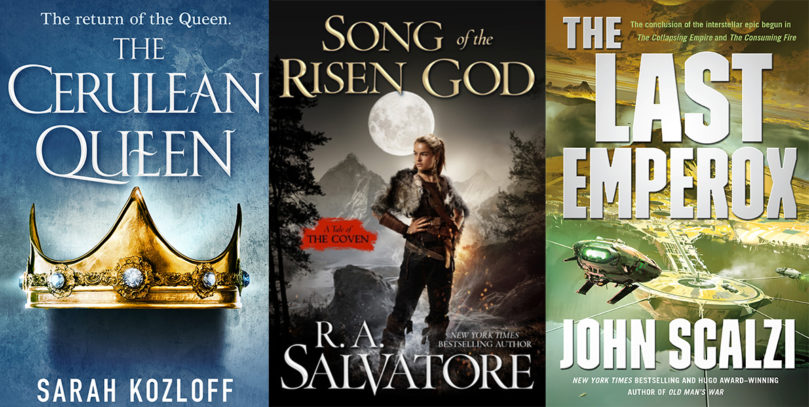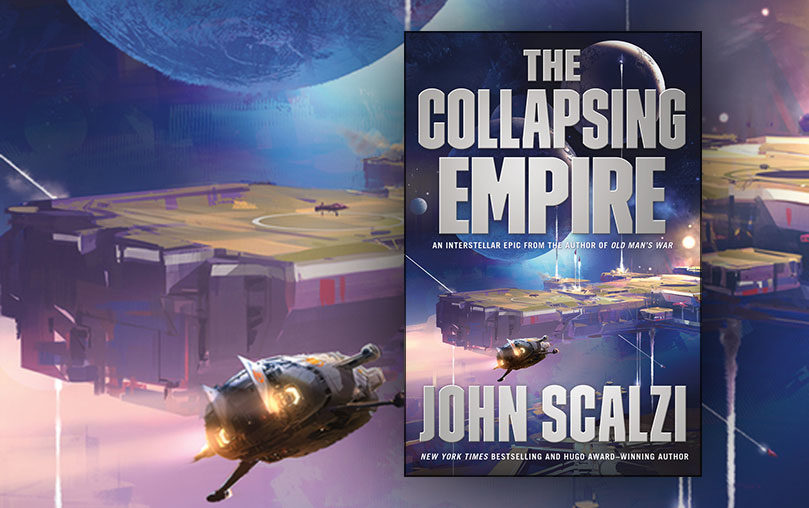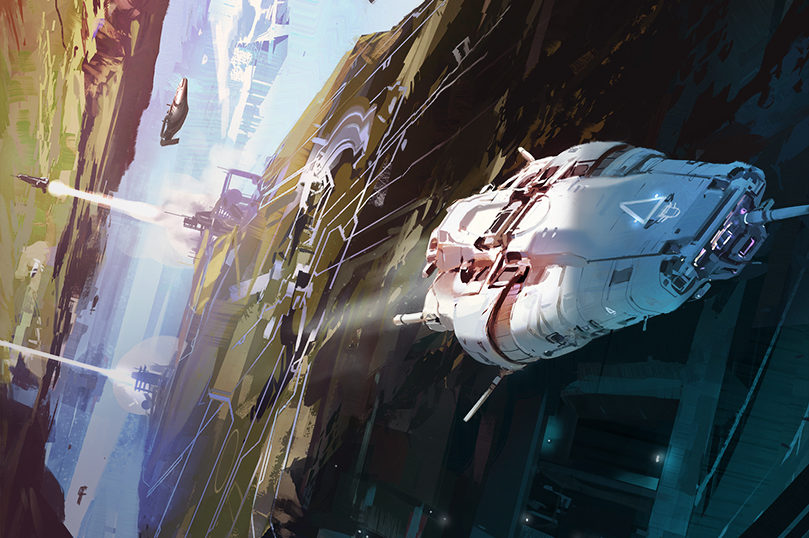
Political Sci-Fi of the Possible Future
With far-future science fiction on the rise in film and TV, (see Denis Villeneuve’s Dune (2021) and Foundation (2021) on Apple TV+) we’re looking back and uplifting some of the great science fiction books and series on our list from the last handful of years that delve into the depths of politics and society in a possible future. Check them out here!





